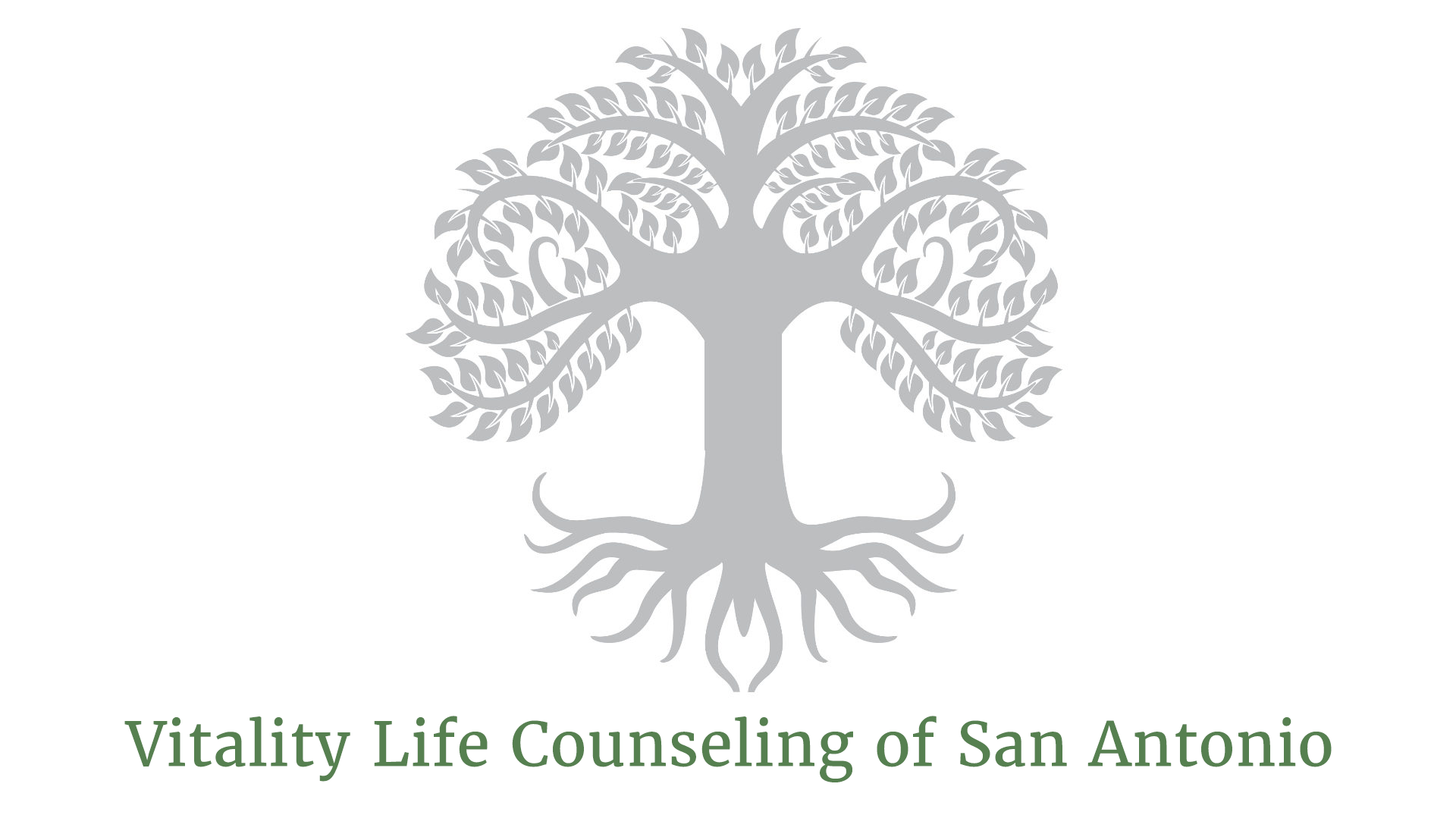Counseling for Bipolar
Bipolar disorder is a mental health condition characterized by extreme mood swings that include emotional highs (mania or hypomania) and lows (depression). These mood swings can be intense and disruptive, affecting a person’s energy levels, sleep patterns, behavior, and ability to function in daily life. However, bipolar disorder doesn’t need to control your life—bipolar disorder therapy is designed to help individuals manage their symptoms and live happier, healthier lifestyles. At Vitality Life Counseling of San Antonio, you can gain valuable treatment through our therapy program.
Types of Bipolar Disorder
There are several types of bipolar disorder, including bipolar I, bipolar II, and cyclothymic disorder, each with its own set of symptoms and severity levels. In bipolar I disorder, individuals experience manic episodes that may last for days or weeks and may be accompanied by depressive episodes. Bipolar II disorder involves hypomanic episodes, which are less severe than full-blown mania, alternating with depressive episodes.
Mood Disorders
Mood disorders, on the other hand, encompass a broader category of mental health conditions characterized by significant changes in mood that interfere with daily functioning. This includes conditions such as major depressive disorder (depression), persistent depressive disorder (dysthymia), and disruptive mood dysregulation disorder, among others.
Symptoms of mood disorders can vary widely but often include persistent feelings of sadness, hopelessness, or irritability, loss of interest or pleasure in activities, changes in appetite or sleep patterns, fatigue, difficulty concentrating, and thoughts of self-harm or suicide.
Treatment Options for Bipolar and Mood Disorders
Treatment for bipolar disorder and mood disorders typically involves a combination of medication, psychotherapy, and lifestyle changes. Medications such as mood stabilizers, antidepressants, and antipsychotics may be prescribed to help manage symptoms and stabilize mood. Psychotherapy, such as cognitive-behavioral therapy (CBT) or interpersonal therapy, can help individuals learn coping skills, identify triggers, and develop healthier ways of thinking and behaving. Lifestyle changes, including regular exercise, healthy eating habits, stress management techniques, and maintaining a consistent sleep schedule, can also have a significant role in managing symptoms and promoting overall well-being.
How long does therapy for bipolar disorder or mood disorders typically last?
The duration of therapy for bipolar disorder or mood disorders varies depending on the individual’s needs, the severity of the disorder, and the specific goals of treatment. Some individuals may benefit from short-term therapy lasting a few months, while others might require long-term therapy that spans several years. Ongoing therapy can help manage symptoms, prevent relapse, and provide continuous support.
What are the signs that therapy is working for bipolar disorder or mood disorders?
Signs that therapy is working for bipolar disorder or mood disorders can include a reduction in the severity and frequency of mood swings, improved relationships and social interactions, better coping mechanisms for managing stress and triggers, and an overall improvement in daily functioning and quality of life. Patients may also experience increased self-awareness, better emotion regulation, and more positive thought patterns. Progress in therapy can be gradual, and it’s important to communicate regularly with your therapist to assess your progress and make any necessary adjustments to the treatment plan.
Seek Treatment Today
It’s important for individuals experiencing symptoms of bipolar disorder or mood disorders to seek help from a qualified mental health professional for an accurate diagnosis and appropriate treatment plan. With proper treatment and support, many people with bipolar disorder and mood disorders can lead fulfilling and productive lives. At Vitality Life Counseling of San Antonio, our mood and bipolar disorder therapy services can make a difference in your life. Contact us today to schedule a free consultation and learn more.

